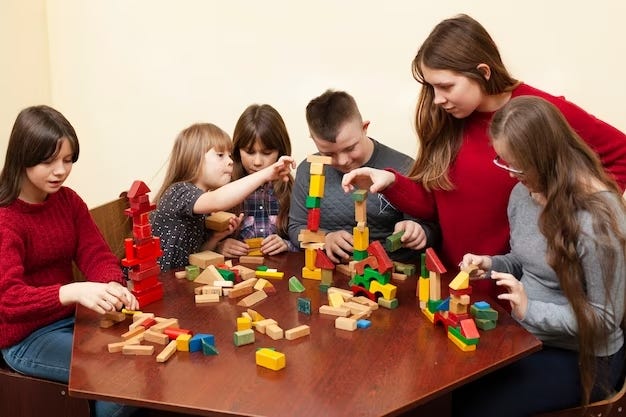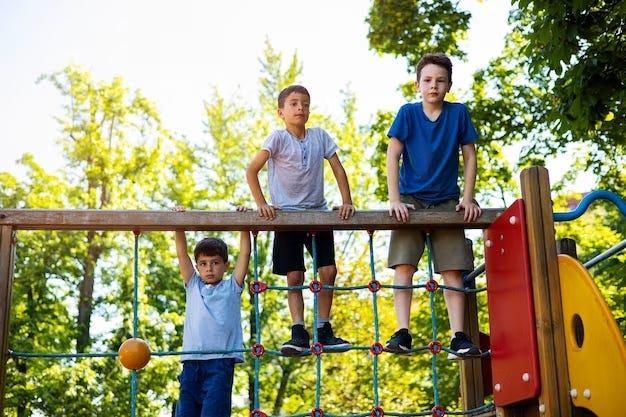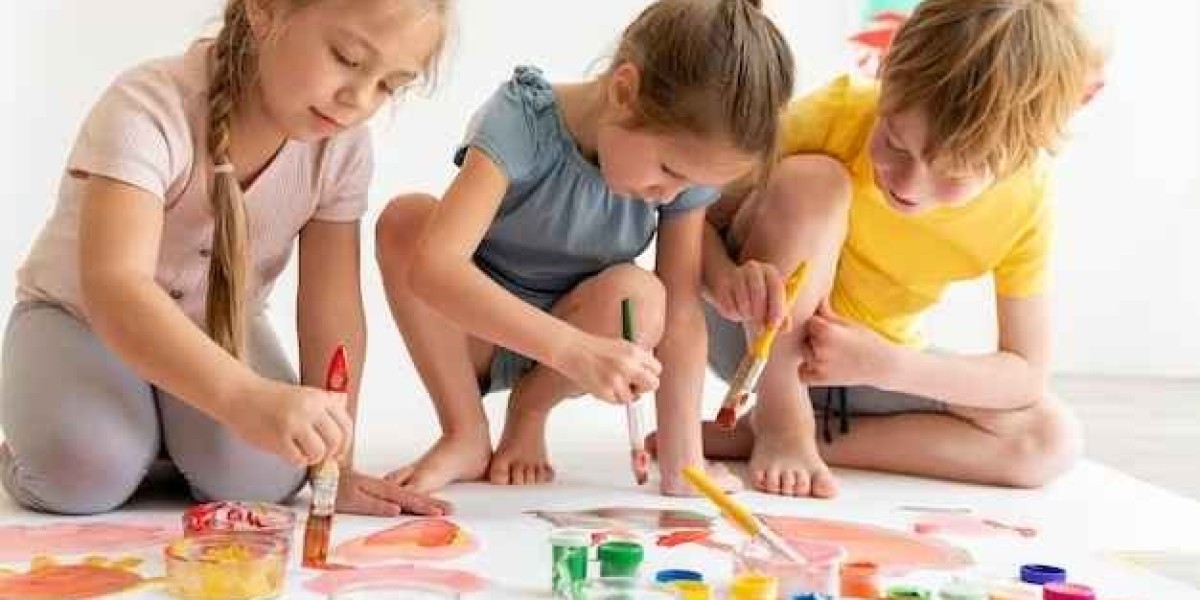Introduction
Preschool is a crucial period in a child’s development, laying the foundation for future academic and social success. One educational approach that has gained widespread recognition for its effectiveness is play-based learning. This article explores the significance of play-based learning in preschools, providing parents with a comprehensive guide to understand its impact on their child’s growth and development.

Understanding Play-Based Learning
Play-based learning is an educational approach that centers on children’s natural inclination to play. It is characterized by child-directed activities that are both enjoyable and educational. Play is not just a means of entertainment; it is a powerful tool for learning. Through play, children engage with their environment, interact with peers, and develop essential cognitive, emotional, and social skills.
Cognitive Development
One of the primary benefits of play-based learning is its positive impact on cognitive development. Play provides children with opportunities to explore, experiment, and problem-solve. Whether building with blocks, engaging in imaginative play, or participating in sensory activities, children are actively using their brains to make sense of the world around them. These experiences lay the groundwork for critical thinking, creativity, and a love for learning.
Social and Emotional Skills
Play-based learning fosters the development of crucial social and emotional skills. When children engage in play, they learn to cooperate, negotiate, and communicate with their peers. They develop a sense of empathy and understanding as they navigate social situations, laying the groundwork for healthy relationships in the future. Additionally, play allows children to express and regulate their emotions, promoting emotional intelligence and resilience.
Physical Development
Physical activity is an integral aspect of play-based learning. Whether it’s running, jumping, climbing, or engaging in fine motor activities, play helps children develop their gross and fine motor skills. These physical experiences contribute to the overall health and well-being of the child, laying the foundation for a healthy lifestyle.

Creativity and Imagination
Play-based learning encourages the development of creativity and imagination. Whether through role-playing, storytelling, or artistic expression, children have the freedom to explore their creative potential. This not only enhances their ability to think outside the box but also fosters a lifelong love for the arts and self-expression.
Parental Involvement in Play-Based Learning
Parents play a crucial role in supporting play-based learning at home. Creating a play-friendly environment, providing a variety of open-ended toys, and engaging in play with your child all contribute to their development. Additionally, staying informed about your child’s preschool curriculum and understanding the role of play in their education allows parents to reinforce learning at home.
Choosing a Play-Based Preschool
When selecting a preschool for your child, inquire about the curriculum and the role of play in the learning process. A play-based preschool should prioritize child-initiated activities, provide a variety of materials for exploration, and create an environment that promotes curiosity and imagination.
One of the best Play Based Preschools is
1. Montessori Shir-Hashirim Los Angeles
- 6047 Carlton Way, Los Angeles, CA 90028
- Highly rated for focused curriculum, excellent staff, and diverse extracurriculars
- Half day: $27,000 yearly, $9,000 quarterly
- Full day: $28,500 yearly, $9,500 quarterly
Shir-Hasirim Montessori school has two different locations. The main location is on Carlton Way in Los Angeles. This school teaches children between the ages of 2 and 6 and prepares them for some of the top Montessori elementary schools in the city. Specifically, they offer a primary program and a summer program for preschool children.
At Shir-Hashirim, they allow their students to grow and learn both individually and within the community of the school. Students are able to learn at their own pace when it comes to both practical life skills and subjects such as maths and language. Shir-Hashirim Montessori has a parent-and-me program that is required for families who may enrol their child in the Montessori program.
Conclusion
Play-based learning is a powerful and effective approach to preschool education. It goes beyond mere entertainment, serving as a cornerstone for cognitive, social, emotional, and physical development.








